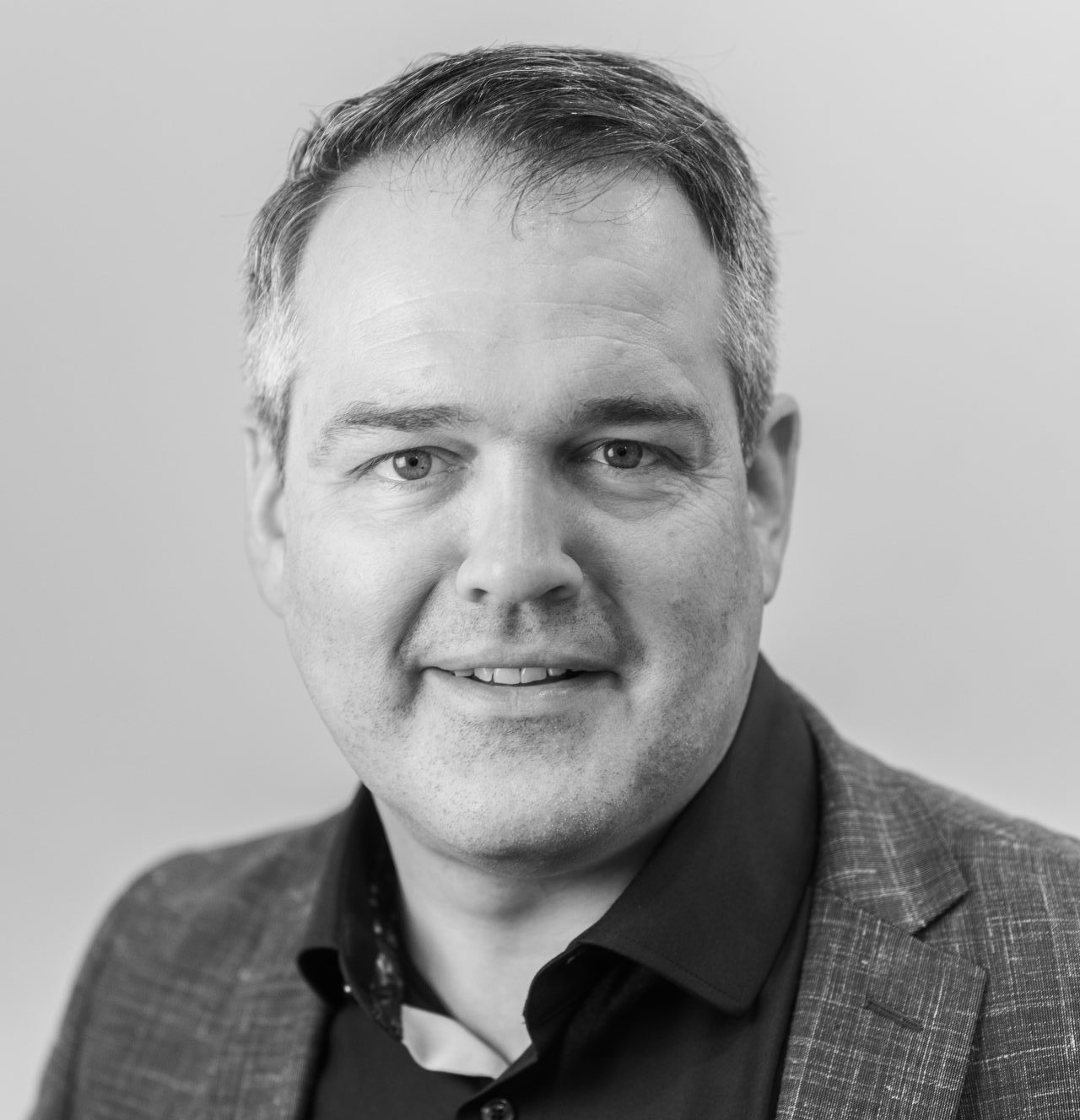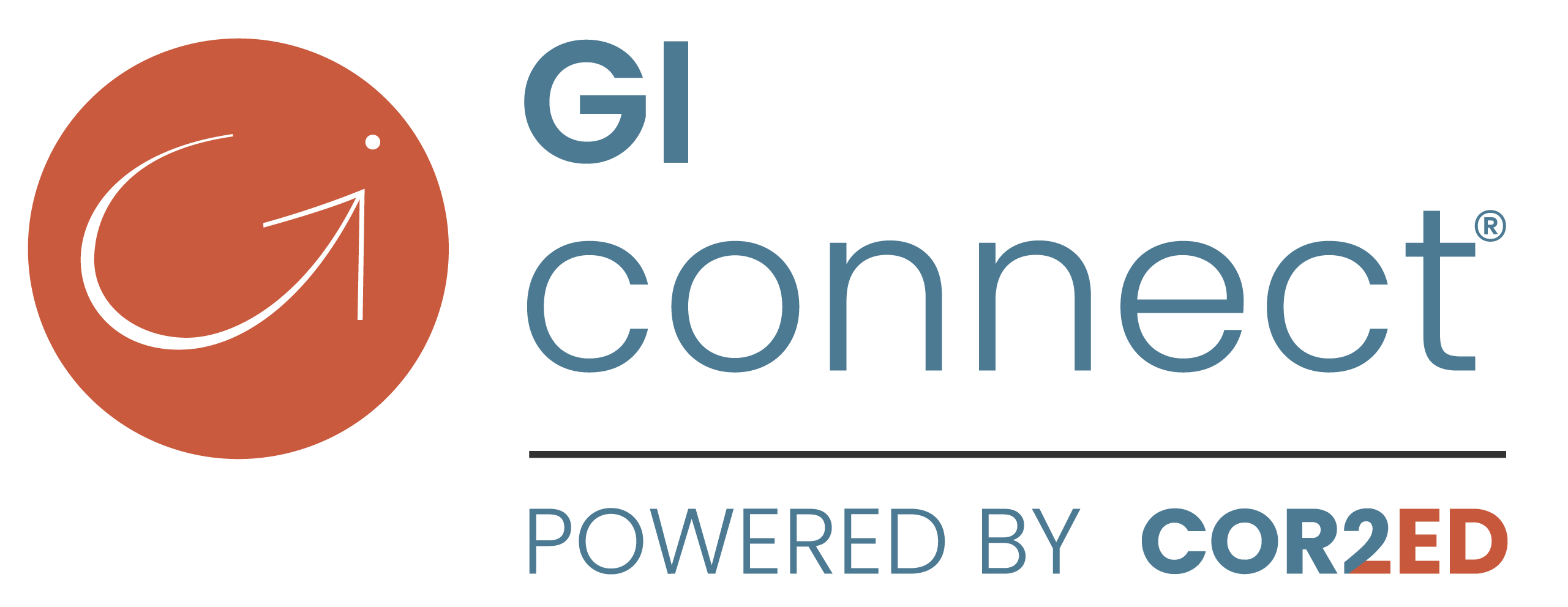Professor Sebastian Stintzing addresses the clinical question ‘What is the relevance of molecular subtypes in GI tumors?’
Sebastian Stintzing (M.D.), Professor of Medicine, is Head of the Department of Hematology, Oncology and Cancer Immunology (CCM), Charité - Universitaetsmedizin Berlin. His research focuses on the treatment of GI cancer with a special focus on colorectal cancer. From 2012 to 2014, he was a research fellow at the Sharon Carpenter Laboratory at the University of Southern California Norris Comprehensive Cancer Center, Los Angeles, U.S.A. He coordinated the translational part and assisted the clinical study conduct of several studies and earned his Postdoctoral Lecture Qualification with a thesis on prognostic and predictive factors in the treatment of metastatic colorectal cancer. In 2012, he received the prestigious Research Fellowship Award from the German Cancer Aid in Germany. Prof. Stintzing is member of national and international cancer associations, member of the German S3 Guideline committee for colorectal cancer, and member of the steering committee of the working group Colorectal Carcinoma of the German AIO.
AMGEN, AstraZeneca, Bayer, BMS, CV6, Eisai, Isofol, Lilly, Merck KGaA, MSD, Pierre Fabre, Roche, Sanofi, Taiho, Takeda
Other programmes of interest
ADCs in HER2+ metastatic breast cancer and management of adverse events
Consensus-based guidance for clinicians and patients
Metastatic breast cancer: Understanding HER2-low and HER2-ultralow classification
A novel therapeutic framework
Experts
Dr Komal Jhaveri, Oncology Brothers (Moderators)Thriving beyond an EP-NEC diagnosis
Perspectives on treatment and care
Navigating extrapulmonary neuroendocrine carcinoma (EP-NEC)
Insights for patients and care partners
ESMO 2025: Gastric and gastroesophageal cancer insights for clinical practice
On-demand materials from an Experts Knowledge Share event




 Downloadable
Downloadable  20 MIN
20 MIN
 Feb 2026
Feb 2026 








